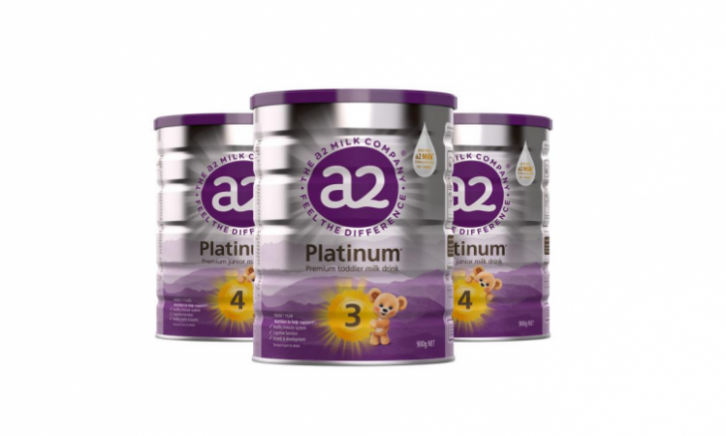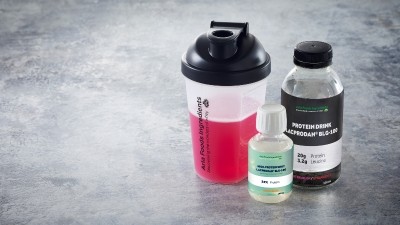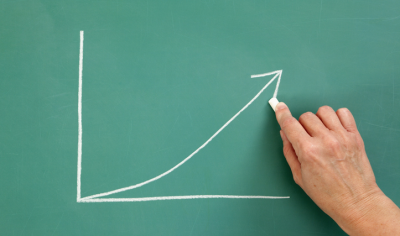a2 milk financials: Sales in China up 8%, firm to focus on growth in lower tier cities and CBEC

Its China label product – a2 至初® – have outperformed with sales growth of 27.8 per cent to NZD$559.3 million (US$333.4m) . In the second half of the year, sales were also up 16 per cent yoy.
Its English label product, sold from Oceania into China as well as other Asian via daigou, offline-to-online (O2O), and CBEC were also up 51 per cent in sales to $386.2m (US$230.2m). This was largely due to growth seen in the CBEC channel.
In fact, revenue from China and other Asian countries had exceeded NZD$1bn (US$592.6m) for the first time. These markets represented 62.9 per cent of total revenue for the firm.
Overall, the company’s revenue for FY23 was up 10.1 per cent to NZ$1.59bn (US$949.6m). This was due to strong growth in China and other Asia, where revenue was up 37.9 per cent.
Net profit after tax, on the other hand, was up 26.9 per cent to NZD$155.6m (US$92.8m).
Sales growth in China took place against the backdrop of an overall declining infant milk market.
Citing data from Kantar Worldpanel, the company said that China’s infant milk market was down 12.1 per cent in volume during FY23.
Market value of the sector in lower tier cities declined 18.3 per cent, exceeding that of first tier cities where the decline was 13.1 per cent.
The decline reflected the decrease in new-borns overall, challenging macroeconomic conditions impacting retail sales, increased competitive intensity and promotional activity driven by excess industry capacity and the commencement of market-wide transition to the new national or GB (guobiao) standards.
“In the context of challenging socio-demographic, macroeconomic and IMF market conditions, a2MC’s growth in FY23 in China label IMF of 27.8 per cent and total IMF of 8.4 per cent was very encouraging,” said CEO and managing director David Bortolussi.
He added that the company’s offline distribution in China was 25.9k stores in June 2023, a slight decrease from 26.5k stores from a year ago.
However, its market value share in mother and baby stores had increased to 3.4 per cent, higher than the market value share of three per cent a year ago.
Going forward, the company plans to target greater penetration in the lower tier cities and prioritise growth in certain provinces.
“A significant number of store closures occurred in the market during the period reflecting challenging retail and category conditions.
“The Company is building share in national key accounts, pursuing regional key accounts, as well as targeting greater penetration of BCD cities, whilst developing new strategies for accelerated growth in certain prioritised provinces,” Bortolussi said.
At the same time, the company will grow its CBEC and build digital marketing capability to especially drive new user recruitment.
“The strategy for its English label IMF, sold from Australia and New Zealand into China, is likely focusing on CBEC and O2O moving forward. However, it will also continue to support the Daigou channel through multi-channel consumer marketing campaigns and reseller trade support programmes.”
Citing data from Smart Path China, the firm pointed out that China’s daigou channel had experienced a sharp decline of 39.5 per cent in FY23, while O2O was down 17.9 per cent in FY23 and CBEC saw sustained growth of 8.3 per cent.
China market outlook
Bortolussi said that China’s infant formula market conditions remained uncertain but were likely to become more challenging in financial year 2024, with a further double-digit decline in market value expected.
This is due to volume declines driven by the rolling impact of fewer new-borns in recent years on later stage infant formula milk products, and a lower number of new-borns expected.
In addition, he expects that the average selling prices will remain under pressure from challenging macroeconomic conditions, and as brands increase the discounting of old GB product prior to transitioning to the new products.















